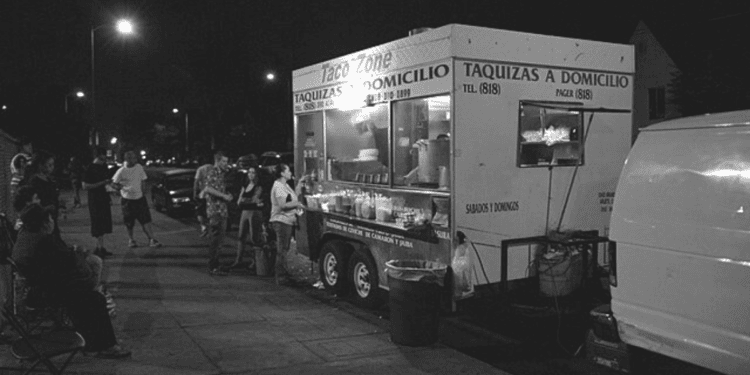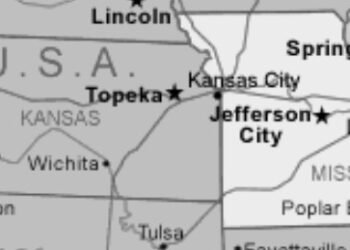This article first appeared at Reason.com
In the wake of a recent shooting that left six bystanders injured by Denver police officers, officials were looking for a way to keep the order in the city’s Lower Downtown district. Hoping to reduce crowds—and crime, the logic went—the city moved to ban food trucks from operating in profitable late-night weekend slots.
At 1:30 a.m. on July 17, Denver Police Department officers were monitoring the crowds of people departing nightclubs. They witnessed an altercation involving Jordan Waddy, with one officer observing that he “may have had a firearm concealed in his hoodie or waistband.” An officer saw Waddy “reaching into his waistband or pocket in a motion consistent with pulling out a firearm,” so the cops began to shoot (bodycam video later revealed that Waddy removed his handgun from his hoodie and tossed it to the ground). Six bystanders were injured in the ordeal.
Following the shooting, Denver officials wanted to find a way to combat crime downtown. So even though the police admitted that something went wrong “from a tactics standpoint,” the city moved to ban food trucks from operating in Lower Downtown on Thursdays, Fridays, and Saturdays. Officials “touted moving food trucks off those streets as one way to decrease crowds, chaos and crime,” according to the Denver-based outlet Westword. Food truck owners were instead forced to park blocks away from the area, much further from the bars and their crowds. The truck owners say they weren’t consulted, and now worry about how they’ll stay afloat without the profitable weekend slots.
“Ninety-nine percent of the trucks down here are owned by immigrants, people who speak broken English, who have much more limited access to resources than a bar or restaurant,” Sanjin Mutic, owner of a gyro food truck, told Denver’s 9News. “If we’re speaking about 20 food trucks, you’re likely most likely looking at 30 to 40 families that rely on a livelihood from down here.”
“Food truck owners often come from disadvantaged backgrounds. They also tend to have less money and fewer political connections than other business owners,” Justin Pearson, senior attorney at the Institute for Justice (IJ), a libertarian public interest law firm, tells Reason. “Sadly, this makes them an attractive target when powerful city officials make an embarrassing mistake and are looking for a scapegoat.”
Last week, IJ sent a letter to the Denver City Council raising concerns about the lack of logic and potential unconstitutionality underlying the food truck ban. “Although recent violence in the neighborhood supposedly motivates this ban, it is undisputed that food trucks had nothing to do with the violence,” wrote Pearson. Since food trucks—but not other brick-and-mortar businesses—are barred from operating, Pearson argued that the ban raises “a host of constitutional concerns, ranging from equal protection to arbitrary enforcement.”
Following the letter, a Denver Police Department representative announced that food trucks would be allowed to operate in Lower Downtown again starting August 25—but only six spots will be made available and they’ll have to leave by midnight. Food truck owners will have to apply to occupy one of the spots, but they’re already reporting that the city’s application portal is glitchy. The Institute for Justice continues to push for a full repeal of the ban.
“Food trucks make neighborhoods safer, so the last thing you should ever want to do from a public-safety standpoint is ban food trucks,” says Pearson. People will still be congregating and intoxicated in Lower Downtown, given that bars aren’t being forced to close. And, according to a 2012 IJ report, food trucks often serve as “eyes on the street,” which can help prevent crime and promote public safety.
Despite partially lifting its punitive ban on food truck owners, Denver continues to unjustly target them. “This ban is crushing the food truck owners, even though it is undisputed that they did nothing wrong,” says Pearson. “When you ban businesses from going where the customers are, they go out of business.”









What Missouri can learn from Kansas’s budget crisis